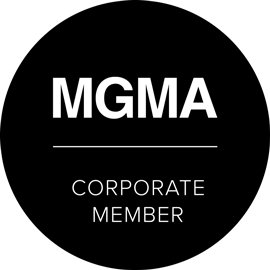The Health Insurance Portability and Accountability Act (HIPAA) was established to address security of healthcare data in our increasingly high-tech world. Make sure you understand the effects of this act on your dental practice to ensure that your business remains in compliance.
Just as it applies to civil and criminal law, ignorance of HIPAA requirements is no defense. It’s your responsibility to learn the relevant applications and how they are to be implemented. Equally important is providing your employees with appropriate training regarding HIPAA’s impact on their specific job duties.
The American Dental Association provides an outline of HIPAA guidelines as they pertain to dental practices. How does your office stack up?
- A dental practice is considered an HIPAA-covered entity if it engages in electronic transmissions of “covered transactions” such as submitting insurance claims. The definition also applies if you use a third-party service that acts on your behalf.
- If your practice is a covered entity, you need to appoint a Privacy Official and Security Official to implement HIPAA policies and procedures and maintain ongoing compliance.
- Your office should conduct regular risk assessments to ensure that proper safeguards are in place to protect the “confidentiality, integrity and availability” of patient data.
- The Omnibus Rule that went into effect in 2013 brings “business partners” under the umbrella of HIPAA regulations. This includes third-party contractors such as billing services and document storage companies. Be sure to have a current HIPAA-compliant written agreement on hand for all such entities.
Rest assured that your patient information is secure even if your staff is unavailable. MedConnectUSA provides call answering and messaging services that are 100 percent HIPAA-compliant. Please contact us to learn more about our secure, state-of-the-art operations.





